Pica
Pica is an eating disorder characterized by the persistent consumption of non-nutritive, non-food substances over a period of at least one month, and this behavior is inappropriate for the individual's developmental level. Non-food items commonly ingested by individuals with pica include paper, soap, cloth, hair, wool, soil, chalk, talcum powder, metal, pebbles, charcoal, ash, clay, starch, or ice. It's important to note that this behavior is not culturally supported or socially normative.
-
• Ingestion of Non-Food Items: Pica involves the repeated consumption of substances that do not provide nutritional value and are not considered food. The types of substances ingested can vary widely.
• Duration and Persistence: To be diagnosed with pica, the behavior must persist for at least one month and must not be a culturally supported or socially normative practice. It's not uncommon for pica to start in childhood, but it can occur in individuals of any age.
• Risk of Complications: Ingesting non-food items can lead to serious health risks, including poisoning, intestinal blockages, nutritional deficiencies, and other medical complications depending on the nature of the substances ingested.
• Causes and Associations: Pica may be associated with various factors, including nutritional deficiencies (such as iron deficiency anemia), developmental disorders, mental health conditions (such as autism spectrum disorder), or cognitive impairments. Pregnancy can also be a time when pica is observed.
• Assessment and Diagnosis: A healthcare provider will conduct a thorough assessment, which may include medical and psychiatric evaluations, to determine the underlying causes and potential health risks associated with pica. It is crucial to differentiate pica from culturally or developmentally appropriate behaviors.
• Treatment: Treatment for pica involves addressing both the underlying causes and the behavior itself. This may include medical monitoring, nutritional interventions to address deficiencies, behavioral interventions (such as aversion therapy or positive reinforcement for appropriate eating behaviors), and psychological support.
• Prevention: Prevention strategies may involve early detection and intervention for nutritional deficiencies, providing appropriate nutrition education, and addressing any underlying developmental or mental health issues.
